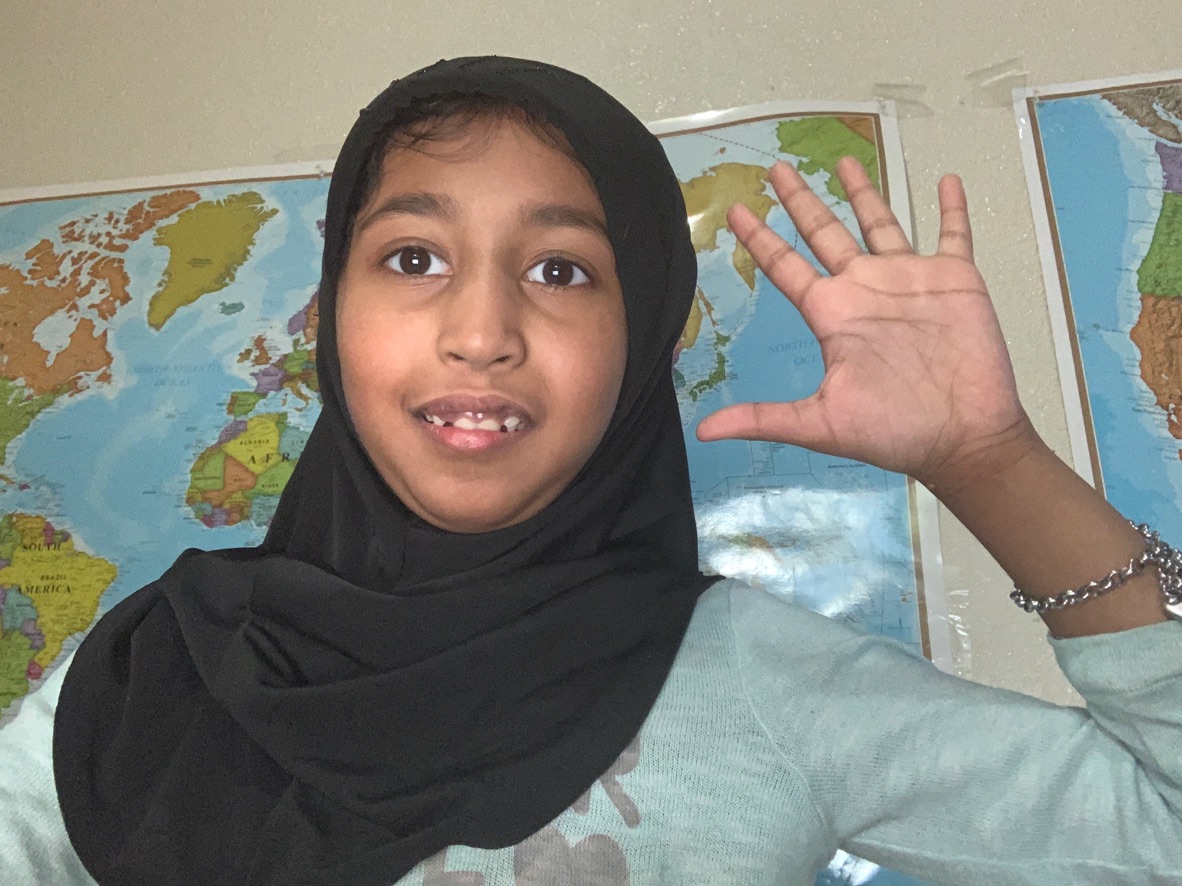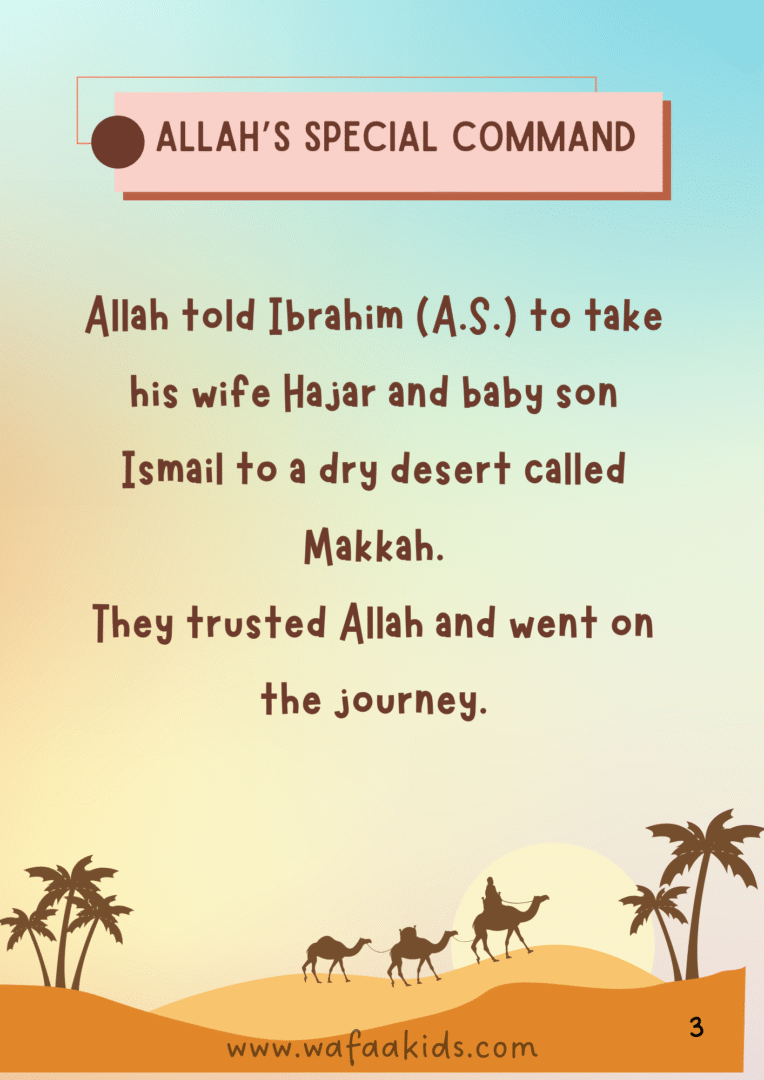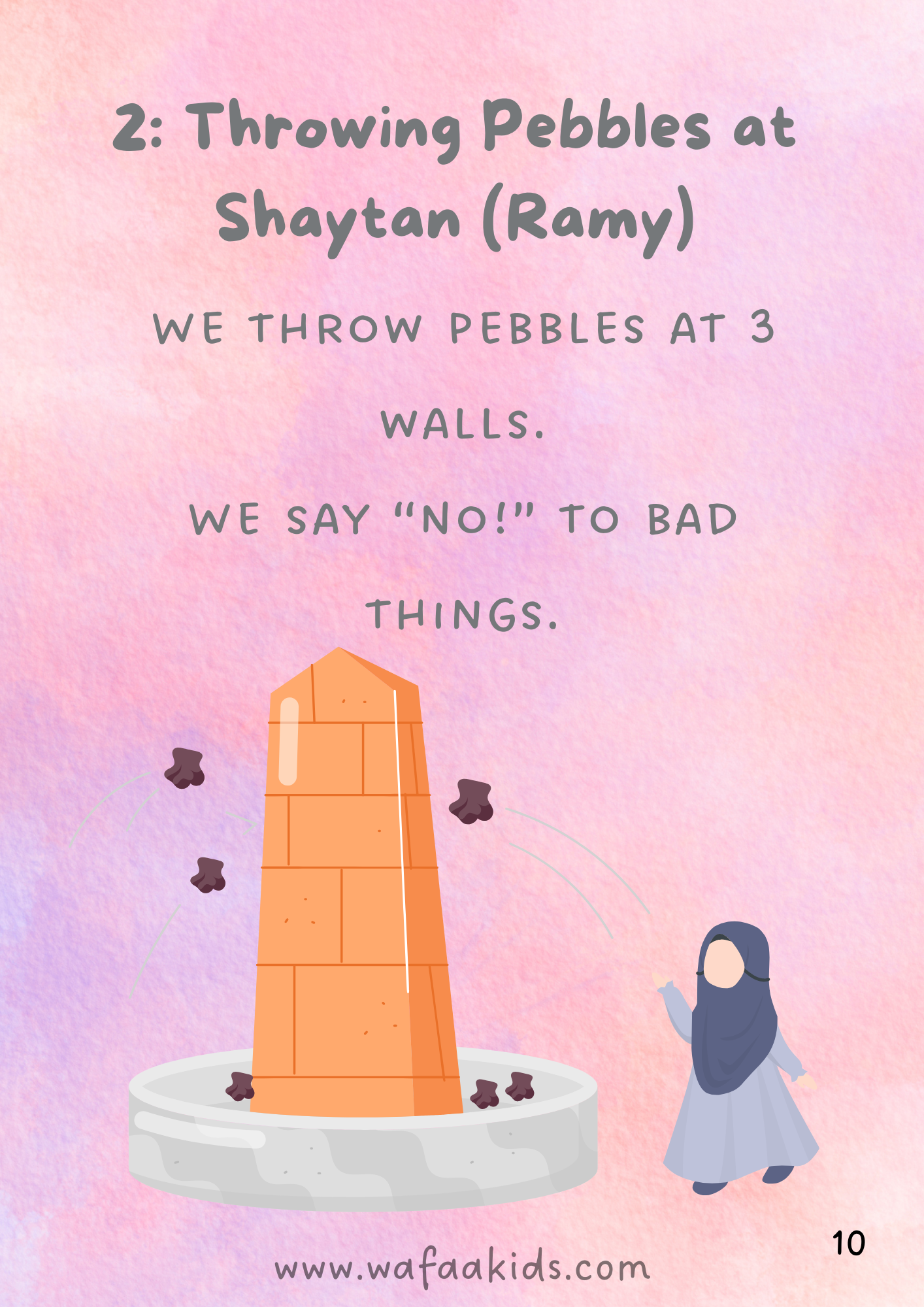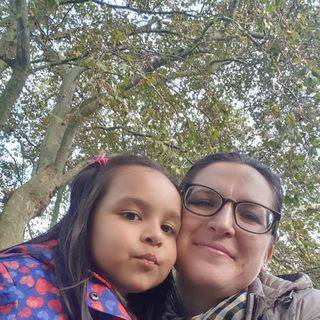Are There Prophets Today? An Islamic Perspective on the Finality of Prophethood

Are there prophets today?
No.
But this “no” is not an admission of absence. It is not that God has abandoned humanity. Instead, it is a declaration of completion. The Islamic belief in the end of prophethood is not a story of a locked door, but the story of a building that has been perfectly and finally completed.
The Decisive Proof: The "Seal of the Prophets"
The core belief that no prophets will come after Prophet Muhammad (ﷺ) is known as Khatm an-Nubuwwah—the “Finality” or “Seal of Prophethood.” This is not a concept created by scholars centuries later; it is an explicit doctrine stated in the Holy Quran itself.
Allah says in Surah Al-Ahzab:
“Muhammad is not the father of any of your men, but (he is) the Messenger of Allah, and the Seal of the Prophets (Khatam an-Nabiyyin). And Allah is ever All-Aware of all things.” (Quran 33:40)
The Arabic word used here, Khatam, is powerful. It means a “seal,” like the wax seal used by a king to close a letter.
It Signifies Finality: When a document is sealed, it is finished. Nothing can be added to it.
It Signifies Authentication: The seal authenticates the message, confirming it is the official and final word.
By naming Prophet Muhammad (ﷺ) the “Seal of the Prophets,” Allah declared that the process of divine revelation through new prophets was finished. The message was complete. This single verse is the definitive and absolute answer to the question, “are there any prophets today?”
The Prophet's Own Testimony
The Prophet Muhammad (ﷺ) himself, whose task was to deliver and explain the Quran, spoke about his finality in the clearest possible terms, leaving no room for misinterpretation.
His most beautiful explanation is the “Parable of the House.” He said:
“My likeness and the likeness of the prophets before me is that of a man who built a house and completed it and made it beautiful, except for the space of one brick in a corner. The people went around it and admired it, but they said, ‘If only this one brick were put in its place!’ I am that brick, and I am the Seal of the Prophets.” (Narrated by Al-Bukhari)
This powerful analogy illustrates that prophethood was a single, continuous structure built by Allah throughout history. Each prophet was a “brick,” and Prophet Muhammad (ﷺ) was the final brick that perfected and completed the entire edifice. Any claim of a new brick (a new prophet) after him implies the house was left incomplete, which contradicts the wisdom of Allah.
In another, even more direct hadith, he stated simply:
“There will be no prophet after me (La Nabiyya ba’di).” (Narrated by Al-Bukhari & Muslim)

Prophets Stories
Course
5 - 16 Years Old
Your Child will learn The Prophets stories from cartoon and then we will teach them how to create their own prophet story using the ai.

What is islam Course
7 - 16 Years Old
Discover the beauty, history, and teachings of Islam in our What is Islam Course—a clear and engaging introduction for anyone who wants to understand the world’s fastest-growing faith.
"Why Are There No Prophets Today?" — The Rationale of Completion
This leads to the most important question: why are there no prophets today? Why did the chain stop? The answer lies in the reasons why prophets were sent in the first place.
Prophets were historically sent for two main reasons:
To correct a corrupted message: A previous prophet’s teachings (like the Torah or the Gospel) were altered, forgotten, or intentionally corrupted by people over time. A new prophet was needed to restore the original truth of Tawhid.
To deliver a message to a specific people: Most prophets, like Hud, Salih, or Shu’ayb, were sent to their own specific tribe or nation. Their message was limited by time and place.
The message of Prophet Muhammad (ﷺ) and the revelation he brought, the Holy Quran, eliminated both of these needs forever.
1. The Message is Perfectly Preserved
Unlike any scripture before it, the Quran comes with a divine guarantee of its own preservation. Allah Himself promises:
“Indeed, it is We who sent down the Quran, and indeed, We will be its guardian.” (Quran 15:9)
For over 1,400 years, not a single word or letter of the Quran has been changed. It remains today exactly as it was revealed to the Prophet (ﷺ). Because the final message is perfectly preserved and incorruptible, there is no need for a new prophet to come and “correct” it.
2. The Message is Universal and Eternal
Prophet Muhammad (ﷺ) was not sent to the Arabs alone. He was sent to all of humanity, for all time. Allah describes him as:
“And We have not sent you (O Muhammad) except as a mercy to all the worlds.” (Quran 21:107)
His message is not for one tribe, one nation, or one century. It is the final, universal, and eternal guidance for every human being from his time until the Day of Judgment. Because the message is universal and applies to everyone, there is no need for new, regional prophets to be sent to different nations.
What About Apostles? “Are There Apostles and Prophets Today?”
This is an important clarification. Some people ask, “are there apostles and prophets today?” making a distinction between the two.
In Islamic terminology, the two roles are related:
Nabi (Prophet): A man who receives revelation from Allah.
Rasul (Apostle/Messenger): A Nabi who is also commanded to deliver a new sacred law (Shari’ah), like Musa (as) with the Torah or ‘Isa (as) with the Injil.
Therefore, every Rasul (Apostle) is also a Nabi (Prophet).
When the Quran and Hadith state that the Nabi (the general category) is sealed, it automatically means the Rasul (the specific category) is also sealed. There can be no new apostles or prophets.
The only exception, which confirms the rule, is the second coming of Prophet ‘Isa (Jesus). Islam teaches that ‘Isa (as) will return before the end of time. However, he will not return as a new prophet with a new message. He will return as a follower of Prophet Muhammad (ﷺ), ruling by the law of the Quran, and his role will be to confirm the finality of Islam and defeat the Dajjal (Antichrist). His return is a fulfillment of the prophecies of the final prophet, not the arrival of a new one.
With the door of prophethood sealed, the responsibility of guidance now shifts from new prophets to the scholars(ulama), reformers (mujaddidun), and righteous individuals of the Muslim community, whose job it is to study, preserve, and teach the final message to the world.
📚 The Responsibility Is Now Ours: Teaching the Final Message
The finality of prophethood is not a sad ending. It is an honor. It is Allah’s declaration that He has given this final community, the Ummah of Prophet Muhammad (ﷺ), everything it needs to achieve guidance and salvation until the end of time.
But with this honor comes a great responsibility.
If there are no new prophets, who will teach our children? Who will pass down the timeless stories of Nuh’s patience, Ibrahim’s faith, and Muhammad’s (ﷺ) compassion?
We will. The responsibility is now ours.
This sacred trust begins in our homes. At WafaaKids.com, we are dedicated to helping you fulfill this trust. Teaching children why there are no prophets today is just as important as teaching them the stories of the prophets who came before. It builds a complete and sound understanding of their faith.
Our collection of engaging and beautifully illustrated Islamic ebooks is designed to bring the entire story of prophethood—from its beginning with Adam to its perfection with Muhammad (ﷺ)—to life for your child.
Don’t let the most important stories your child will ever hear be left untaught. Give them the tools to understand their faith, cherish their history, and love the final message that was perfected for them.
What is Hajj and How to Do it
$3.99Original price was: $3.99.$1.99Current price is: $1.99.Story of Ibrahim(as) and How Hajj Started
$3.99Original price was: $3.99.$1.99Current price is: $1.99.🕋 Hajj Bundle – Islamic books for kids
$9.99Original price was: $9.99.$4.99Current price is: $4.99.Eid Al-Adha Fun – Ebook for Kids
$3.99Original price was: $3.99.$1.99Current price is: $1.99.What We Can Learn from Hajj ? – E-book
$3.99Original price was: $3.99.$1.99Current price is: $1.99.The Pillars of Al-Hajj and it’s Sunnahs
$3.99Original price was: $3.99.$1.99Current price is: $1.99.The Last 3 Surah’s
$2.99Original price was: $2.99.$0.99Current price is: $0.99.Prophets Stories Bundle – islamic books stories of the prophets
$39.99Original price was: $39.99.$9.99Current price is: $9.99.Allah Knew Me – Hadith – Islamic Ebooks For Kids
$2.99Original price was: $2.99.$0.99Current price is: $0.99.
Table of Contents
What is Hajj and How to Do it
$3.99Original price was: $3.99.$1.99Current price is: $1.99.Story of Ibrahim(as) and How Hajj Started
$3.99Original price was: $3.99.$1.99Current price is: $1.99.🕋 Hajj Bundle – Islamic books for kids
$9.99Original price was: $9.99.$4.99Current price is: $4.99.Eid Al-Adha Fun – Ebook for Kids
$3.99Original price was: $3.99.$1.99Current price is: $1.99.What We Can Learn from Hajj ? – E-book
$3.99Original price was: $3.99.$1.99Current price is: $1.99.The Pillars of Al-Hajj and it’s Sunnahs
$3.99Original price was: $3.99.$1.99Current price is: $1.99.
Popular Posts
Parents Say About WafaaKids.
4.9
(121 Review) From preply
Alhamdulilah, my son enjoys the lessons. Very systematic learning. If would be great if could include videos of the same topic learnt. Kids learn faster through songs & games insyaAllah. Look forward for the next lesson 👍🏻👏🏼Online Quran Academy

I am glad that I have found WafaaKids for my two kids, the teaching style is very flexible and they know how to keep the students engaged and interested in the topic they are teaching, I hope my kids can learn more from them in the coming days InshaAllah. The Best Islamic stories for kids

My son is 13 years old and he takes lessons with WafaaKids for one hour a week. They are very satisfied and their voluntarily asked for another lesson - otherwise he will never study voluntarily. WafaaKids teacher's responds to the student's wishes, their youthful, polite manner and is highly recommended. Already from the first unit I noticed a progress with my son. I'm very satisfied. Online Quran Academy

I am happy to find WafaaKids to teach my 8yr old daughter, Quran and arabic. she has completed around 10 sessions and never got bored. now she is motivated to learn Quran and looks forward to his classes. I like how he engages with kids by telling them stories and other fun activities. he also makes arrangements to interact with other students and their parents to motivate each other. overall he is a good find and I recommend them especially for kids. The Best Islamic stories for kids

FAQs
You ask, We answer
The first step is to fill out a quick form The Form and we will send you the link of your Trial lesson on your mail and what’s app.
We are providing an onsite lessons only in Egypt, Otherwise will be online via any video call platform like Zoom.
Most students enroll in the Basic plan. The average student at WafaaKids spends around $64 per month. This approximately amounts to 8 teaching hours per month or 2 x 1-hour lessons per week which are suited for most levels and ensure the program goals are met. The pricing can be slightly different depending on the plan.
Over the years, we have had successes with very young students but we recognize that every child is different and some might have difficulty interacting with a teacher online. In general, we found that starting from age 7, there are rarely any issues with teaching online.
For younger ages, a guardian might need to accompany the student during the lessons initially to provide support until the student gets used to his/her teacher.
We understand that quality education can get expensive and therefore we offer a number of discounts to maximize the benefit for our students enrolled in our programs.
(1) Family Discounts: Students enrolled in our Basic and Pro plans receive 10% and 5% off respectively when 2 or more members of their family are enrolled in the same plan.
(2) Zakat Fund: For students who experience financial hardship, WafaaKids maintains a Zakat eligible fund that is used towards partially or fully subsidizing fees. You will be required to provide documentation to demonstrate your eligibility.























